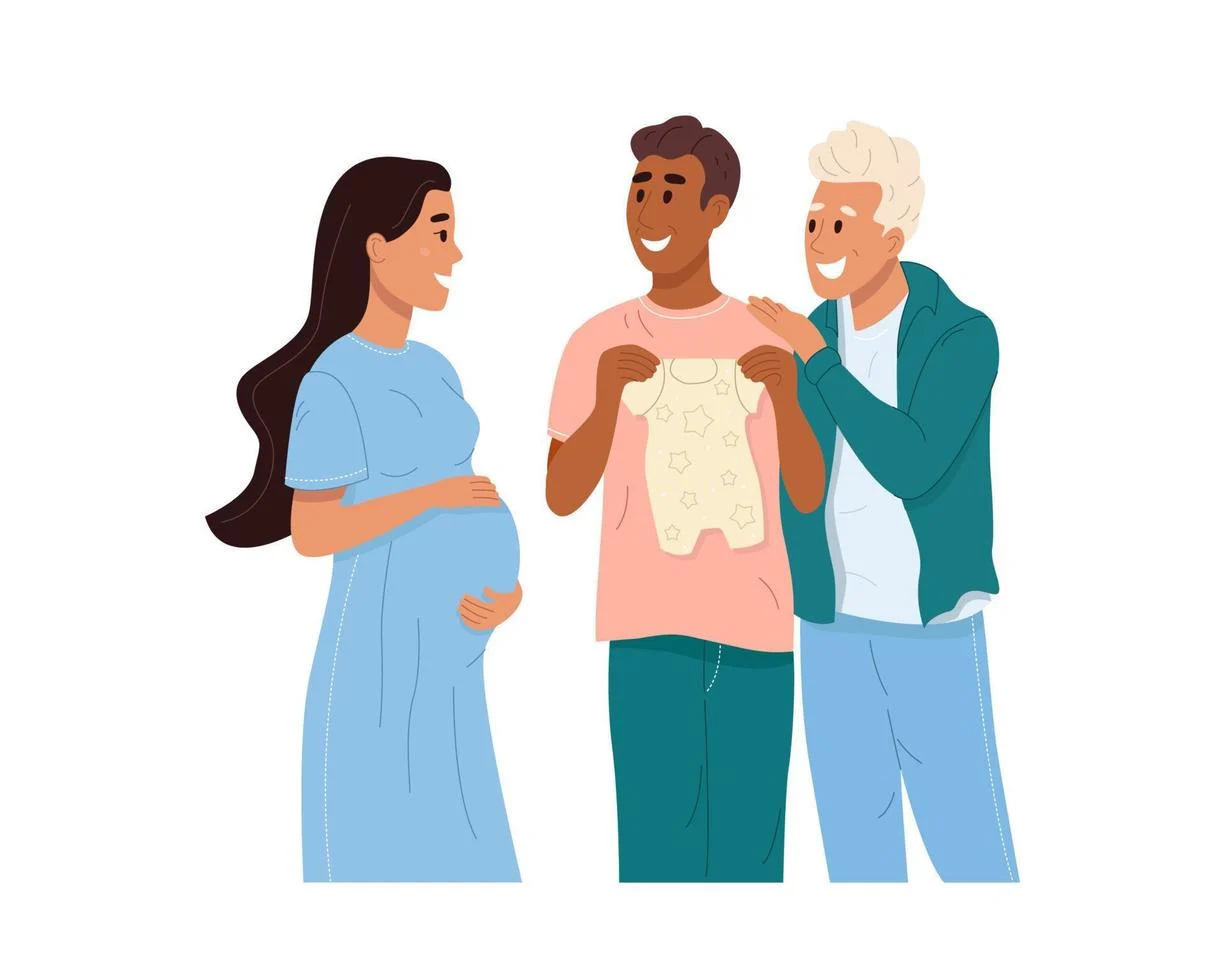When my daughter was little, she was notorious for her enthusiastic, sloppy kisses—she’d smother me with affection, demanding, “One more kiss, Mommy! Mommmy! Just one more!” Those sweet moments filled my heart with joy as she planted kisses on everyone around her, from grandparents to toys, and even unsuspecting shoppers at the grocery store.
As she grew and entered elementary school, those big, wet kisses gradually turned into hugs—an expected transition. At age six, it became clear that kissing her teacher on the lips wasn’t the norm, so she embraced the art of hugging instead. I welcomed this change, cherishing our quick pecks on the lips before bedtime or during spontaneous moments throughout the day. Her kisses became more refined, and the drool seemed to finally stay put.
However, I recently noticed a shift: our kisses had all but disappeared. Now, she’d peck me on the cheek instead. I found myself urging her, “Come here and give your mama a real kiss!” Yet, she’d often settle for a quick peck on my forehead or cheek as a goodnight gesture.
Initially, I thought this was just a fleeting phase. After all, she’s 8-going-on-24, and it’s perfectly understandable for her to feel a bit shy about showing affection. But then, I realized she wasn’t hugging others either. Friends would visit, and while I’d enthusiastically hug them, I’d prompt her to do the same, only for her to respond with a polite “It’s great to see you” without the accompanying embrace. I’d insist, “Come on, give Ms. Linda a hug! That’s not polite!” and she’d reluctantly oblige.
For a while, I interpreted these actions as “rude,” thinking she just needed a gentle nudge to understand proper social behavior, similar to reminding her to say “please.” But then, I had a revelation: I’m a hugger. I freely embrace everyone, sometimes even strangers at the store. This is how I was raised, but that doesn’t mean my daughter should conform to the same norms.
As I reflected on her behavior, it dawned on me that she might simply not be comfortable with physical closeness. This reminded me of a time at my best friend’s wedding in Phoenix. When I saw the Maid of Honor, I rushed to hug her, only to be met with a chuckle as she remarked, “Oh, right, you’re a hugger!” Until that moment, I hadn’t considered that not everyone shares my affinity for hugs, or that I might be imposing on their personal space.
I decided it was time to have a heart-to-heart with my daughter. A couple of nights ago, I invited her into my room for an open discussion, ensuring she knew there were no wrong answers. I asked, “Are you comfortable giving hugs and kisses?” She hesitated, and I reassured her that it was a safe space for her to express her feelings.
After a moment, she admitted, “Sometimes I want to hug people, but with new folks or those I haven’t seen in a while, I just don’t feel like it. Does that make me mean?” Her response struck me deeply, revealing how my insistence on her hugging others had affected her perception of herself.
I took a moment to listen carefully and then responded, “I want you to know that every time I made you hug someone, I was wrong. I apologize.” Her eyes widened as I continued, “Your body is your own, and so is your personal space. You alone decide who can touch you.”
She interrupted, “But if you hug someone and I don’t want to, does that make me mean?” I reassured her, “Not at all! It means you have boundaries, and everyone should respect them. If you want to hug someone, you can ask first. It’s perfectly okay to say ‘no’ if you’re not comfortable.”
We discussed her feelings further, and I emphasized that she has control over her own body. I made sure she understood that it’s okay to be different from me, and I assured her I would always support her decisions. I had never truly considered that she might not want to hug friends or acquaintances like I do. It was a powerful reminder that children may not always mirror our behaviors, no matter how similar they seem.
Going forward, when I greet someone with a hug, she knows she doesn’t have to follow suit. A warm handshake or kind words are just as meaningful. It’s a journey of learning to respect her individuality and boundaries, and it’s one I’m grateful to embark on together. For more insights on this topic, check out our blog post on intracervical insemination.
In summary, recognizing and respecting our children’s boundaries is essential in fostering their sense of autonomy. Every child is unique, and it’s our responsibility as parents to honor their comfort levels while encouraging healthy communication about personal space.
